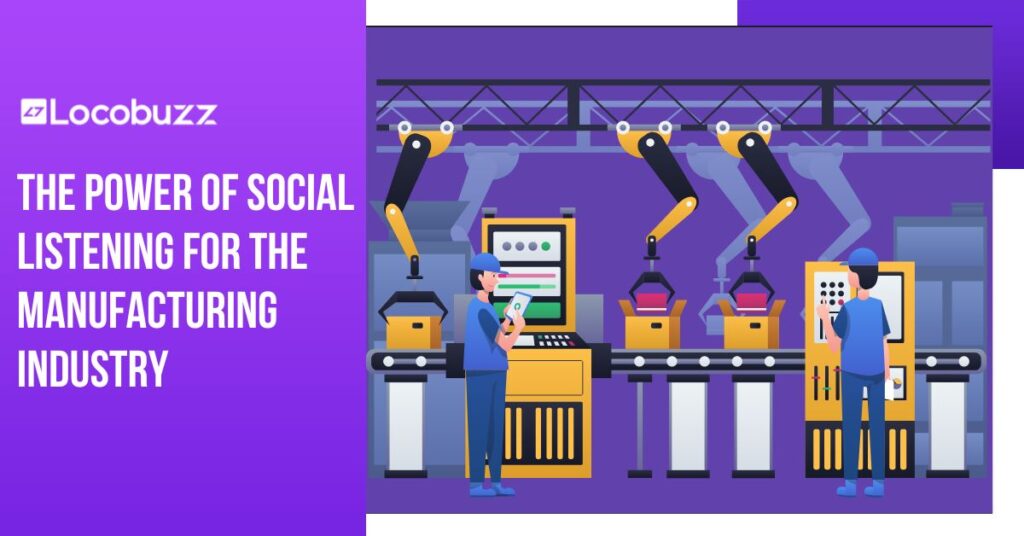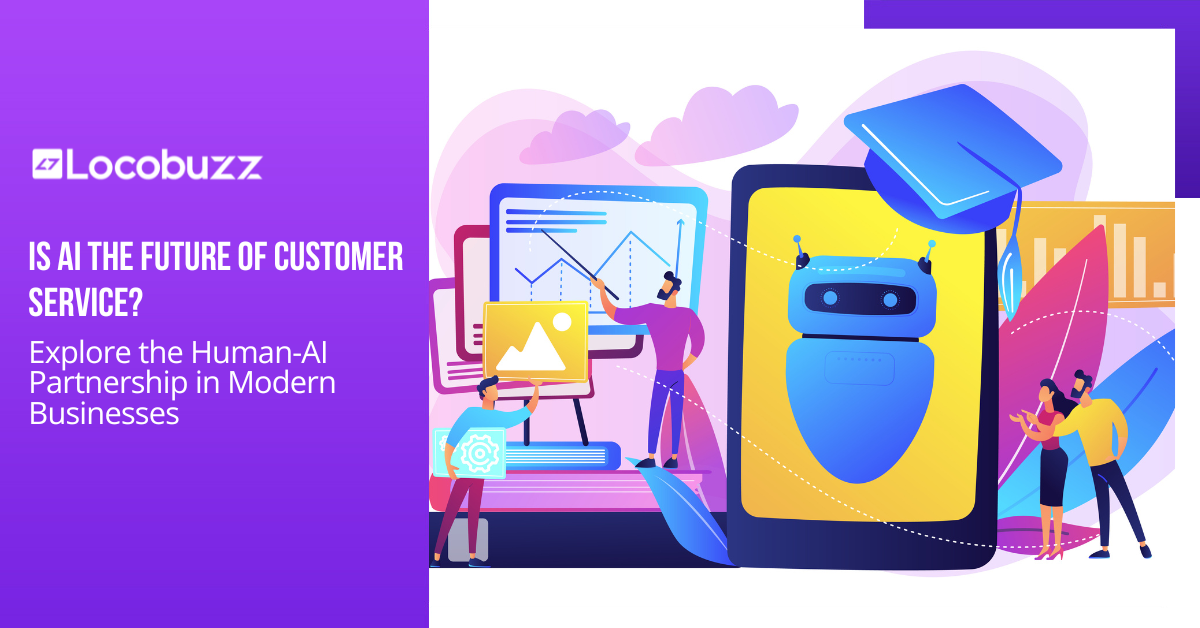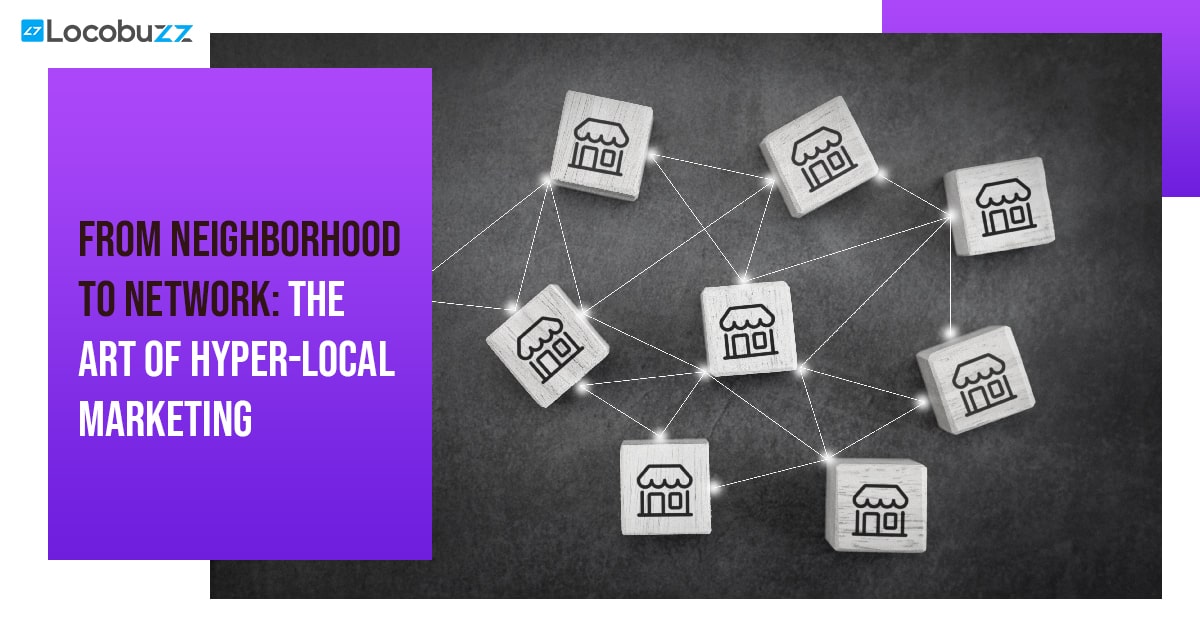The Power of Social Listening for the Manufacturing Industry

In today’s connected world, manufacturers face the challenge of keeping up with customer feedback across platforms like Instagram, Facebook, and Reddit.
And that’s where social listening offers a solution by acting as a digital detective, allowing businesses to tune into online conversations and uncover what people are saying about their brand, beyond direct interactions.
By tuning into online conversations, you can discover what really matters to your audience as over 90% of shoppers read reviews before splurging, so it’s crucial to understand their perspectives.
This guide will show you how tuning into social platforms can provide valuable insights for your manufacturing business and you’ll learn how brands are benefiting from social listening and get tips to start your own program.
Understanding Social Listening in Manufacturing Industries
Social listening in manufacturing industries is like having a secret agent who listens to what people are saying about your products and brand online. It’s all about using special tools to track and analyze conversations, comments, and mentions on social media, forums, and other digital platforms. These tools can pick up on keywords, hashtags, and even the sentiment behind what people are saying, whether it’s positive, negative, or neutral.
Now, you might be wondering how this is different from traditional market research. Well, traditional market research is like sending out surveys or conducting focus groups to ask people what they think. It’s more structured and planned. On the other hand, social listening is more like eavesdropping on natural conversations. It’s faster, more real-time, and gives you a direct peek into what’s on people’s minds without them knowing they’re being observed.
Here’s a quick table to show the differences:
| Feature | Social Listening | Traditional Market Research |
| Data Collection | Real-time monitoring of online conversations | Surveys, focus groups, interviews |
| Speed | Immediate insights | Takes time to collect and analyze data |
| Authenticity | Unprompted, natural opinions | Responses may be influenced by the research setting |
| Scope | Broad, can cover a wide range of topics | Usually focused on specific questions |
| Cost | Generally lower cost | Can be expensive due to data collection methods |
In manufacturing, social listening can be a game-changer. It can help you quickly spot issues with your products, see what features customers love, and even keep an eye on what competitors are up to. By combining social listening with traditional market research, manufacturers can get a well-rounded view of their market and make smarter decisions.
Benefits of Social Listening for Manufacturers
Social listening offers several benefits for manufacturers, helping them stay ahead in the competitive market:
- Real-time feedback on products and services: Social listening allows manufacturers to hear what customers are saying about their products as soon as they say it. This immediate feedback can help companies quickly identify and address any issues, ensuring that their products meet customer expectations.
- Identifying emerging trends and consumer preferences: By monitoring online conversations, manufacturers can spot new trends and shifts in consumer preferences. This insight can guide product development and marketing strategies, ensuring that companies stay relevant and meet evolving customer needs.
- Enhancing brand reputation and customer loyalty: Engaging with customers on social media and responding to their feedback can strengthen the relationship between the brand and its customers. Positive interactions and proactive problem-solving can enhance a brand’s reputation and encourage customer loyalty, leading to repeat business and positive word-of-mouth.
Overall, social listening provides manufacturers with valuable insights that can inform strategic decisions, improve customer satisfaction, and drive business growth.
Success Stories of Social Listening in the Manufacturing Sector
In the manufacturing sector, social listening has proven to be a powerful tool for businesses looking to enhance their brand, understand customer needs, and stay ahead of the competition. Here are some success stories:
- General Electric (GE): GE used social listening to monitor conversations around its #Ecomagination campaign, which focused on eco-friendly technologies. By analyzing social media chatter, they were able to gauge public interest, engage with influencers, and tailor their marketing strategies to highlight the most talked-about innovations. The result was a significant increase in brand awareness and a positive shift in public perception regarding GE’s commitment to sustainability.
- Lego: The iconic toy manufacturer, Lego, turned to social listening to understand customer feedback and preferences. When they noticed a growing demand for adult-themed Lego sets through social media conversations, they capitalized on this trend by launching the Lego Architecture series, targeting adult fans. This strategic move not only expanded their market but also boosted sales and reinforced their brand’s adaptability.
- Caterpillar: As a leading manufacturer of construction and mining equipment, Caterpillar used social listening to monitor customer discussions about equipment performance and service issues. This real-time feedback allowed them to address customer concerns promptly, improve product quality, and enhance their after-sales service. The proactive approach led to increased customer satisfaction and loyalty.
- Intel: The tech giant Intel leveraged social listening to track conversations around their processors and technology. By understanding customer sentiment and identifying common pain points, they were able to make data-driven decisions for product improvements and marketing strategies, resulting in better customer experiences and increased market share.
These success stories highlight the impact of social listening on the manufacturing sector. By actively listening to online conversations, companies can gain insights into customer preferences, identify emerging trends, and make informed decisions that drive business growth and enhance brand reputation.
How to Implement Social Listening in Your Manufacturing Business
To effectively implement social listening in your manufacturing business, follow these steps:
- Define Your Objectives: Clearly outline what you want to achieve with social listening. This could be improving customer service, tracking competitor activity, or identifying market trends.
- Choose the Right Tools: Select a social listening platform that fits your needs and budget. Look for tools that can monitor relevant social media channels, provide real-time alerts, and offer comprehensive analytics.
- Set Up Keywords and Alerts: Identify keywords, hashtags, and phrases related to your brand, products, and industry. Set up alerts to notify you when these terms are mentioned online.
- Monitor Conversations: Regularly check the social listening tool for mentions and conversations about your brand. Pay attention to both positive and negative feedback.
- Analyze the Data: Use the insights gathered to understand customer sentiment, identify trends, and assess your brand’s online presence. Look for patterns and recurring themes.
- Engage and Respond: Actively engage with your audience by responding to comments, addressing concerns, and participating in relevant conversations. This helps build a positive brand image.
- Integrate Findings into Your Strategy: Use the insights gained from social listening to inform your marketing and product development strategies. Make data-driven decisions to improve your offerings and meet customer needs.
- Review and Adjust: Continuously evaluate the effectiveness of your social listening efforts. Adjust your approach as needed to ensure you’re meeting your objectives.
By following these steps, you can effectively integrate social listening into your manufacturing business’s marketing strategy, allowing you to stay connected with your audience, adapt to market changes, and drive business growth.
Overcoming Challenges in Social Listening
Overcoming challenges in social listening is crucial for businesses to harness its full potential.
One common obstacle is data overload where companies are inundated with vast amounts of information from social media channels. To tackle this, it’s essential to use advanced filtering options in social listening tools, focusing on relevant keywords and setting specific parameters to narrow down the data to what’s most important for your business.
Privacy concerns are another significant challenge, especially with increasing regulations around data protection. It’s vital to ensure that your social listening practices comply with privacy laws and ethical standards. This means being transparent about data collection methods and using data responsibly.
Effective data management and analysis are key to overcoming these challenges. Organizing data into categories and using analytical tools to identify patterns and insights can help businesses make sense of the information. Additionally, integrating social listening data with other business data can provide a more comprehensive view of customer behavior and market trends.
By addressing these challenges with thoughtful strategies and the right tools, businesses can effectively manage social listening data and gain valuable insights to drive their strategies forward.
The Future of Social Listening in Manufacturing
The future of social listening in manufacturing looks promising with several exciting developments on the horizon.
As technology advances, we can expect social listening to become even more sophisticated and integral to business strategies. One key trend is the increasing use of artificial intelligence (AI) and machine learning to enhance social listening capabilities. These technologies can help automate the analysis of large volumes of social media data, making it easier for manufacturers to identify patterns, trends, and insights.
AI-powered social listening tools can also provide more accurate sentiment analysis, helping businesses understand the emotions behind customer comments and feedback. This can lead to more personalized and effective marketing and customer service strategies.
The integration of social listening with other data sources, such as market research and sales data, will provide a more holistic view of the market and customer behavior. This will enable manufacturers to make more informed decisions and stay ahead of the competition.
Overall, the future of social listening in manufacturing is set to be driven by technological innovation, with AI and machine learning playing a pivotal role in enhancing its effectiveness and impact.
Conclusion
In the bustling world of manufacturing, social listening is like your X-factor.
It’s your ticket to understanding what your customers really want and how to make your products even better and by keeping your ears open online, you can catch the latest trends, fix any issues, and make your customers feel heard and valued.
So, don’t just sit back and guess what people want – dive into social listening and let the voices of your customers guide you to success as it’s time to turn those online whispers into a loud and clear roadmap for your business.
Are you ready to listen, learn, and lead the way? Let’s make some noise in the manufacturing world with the power of social listening!






















